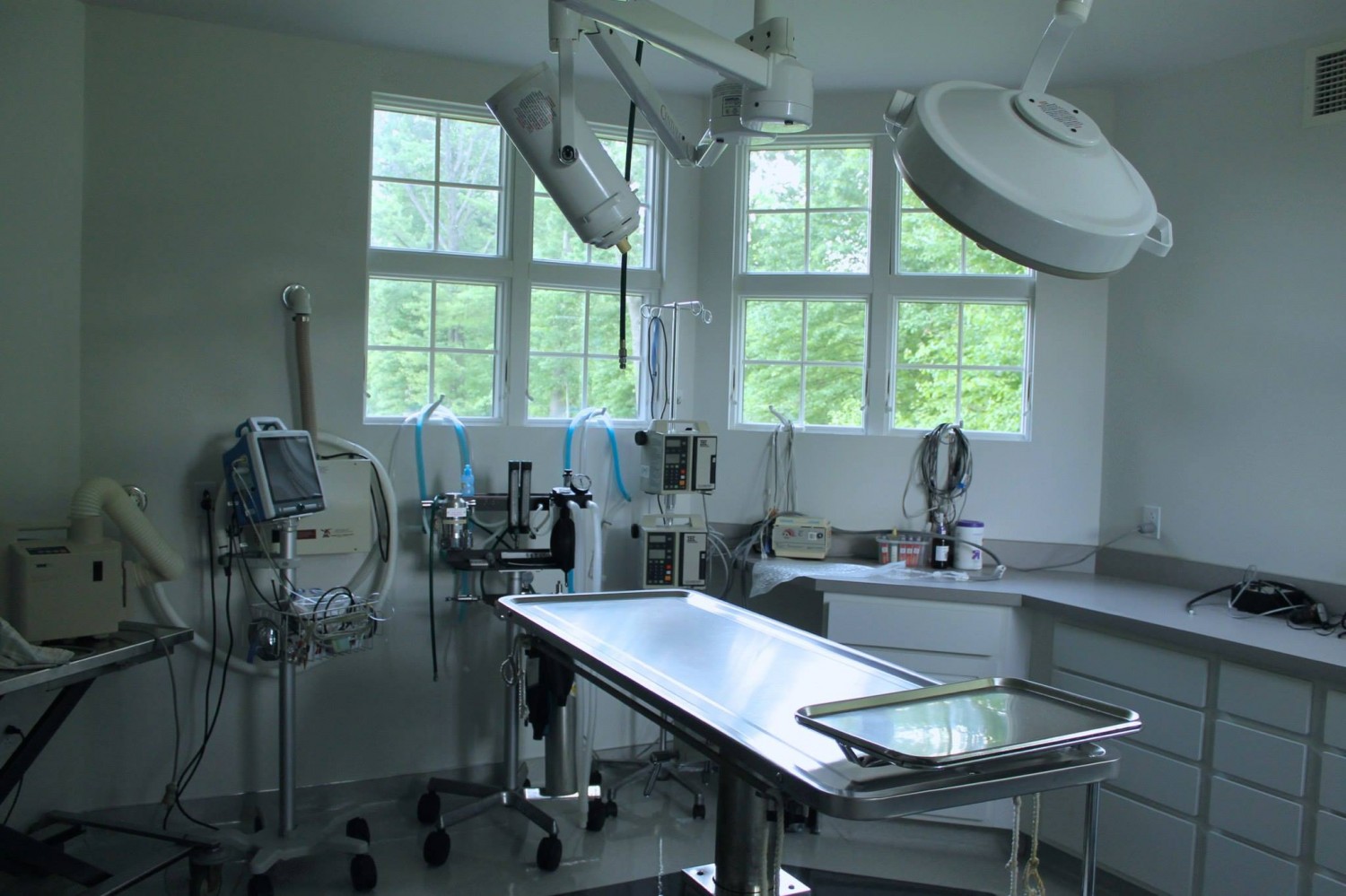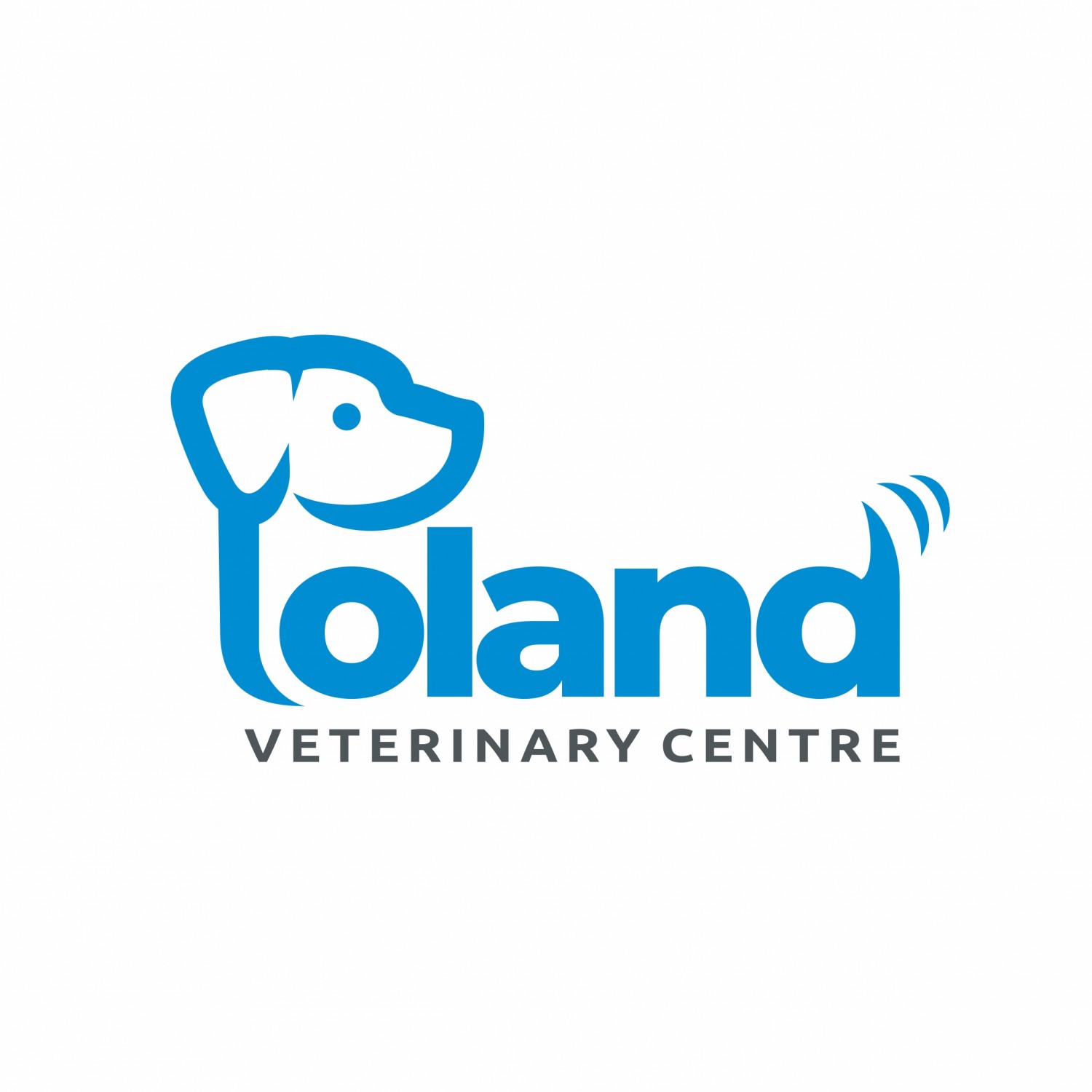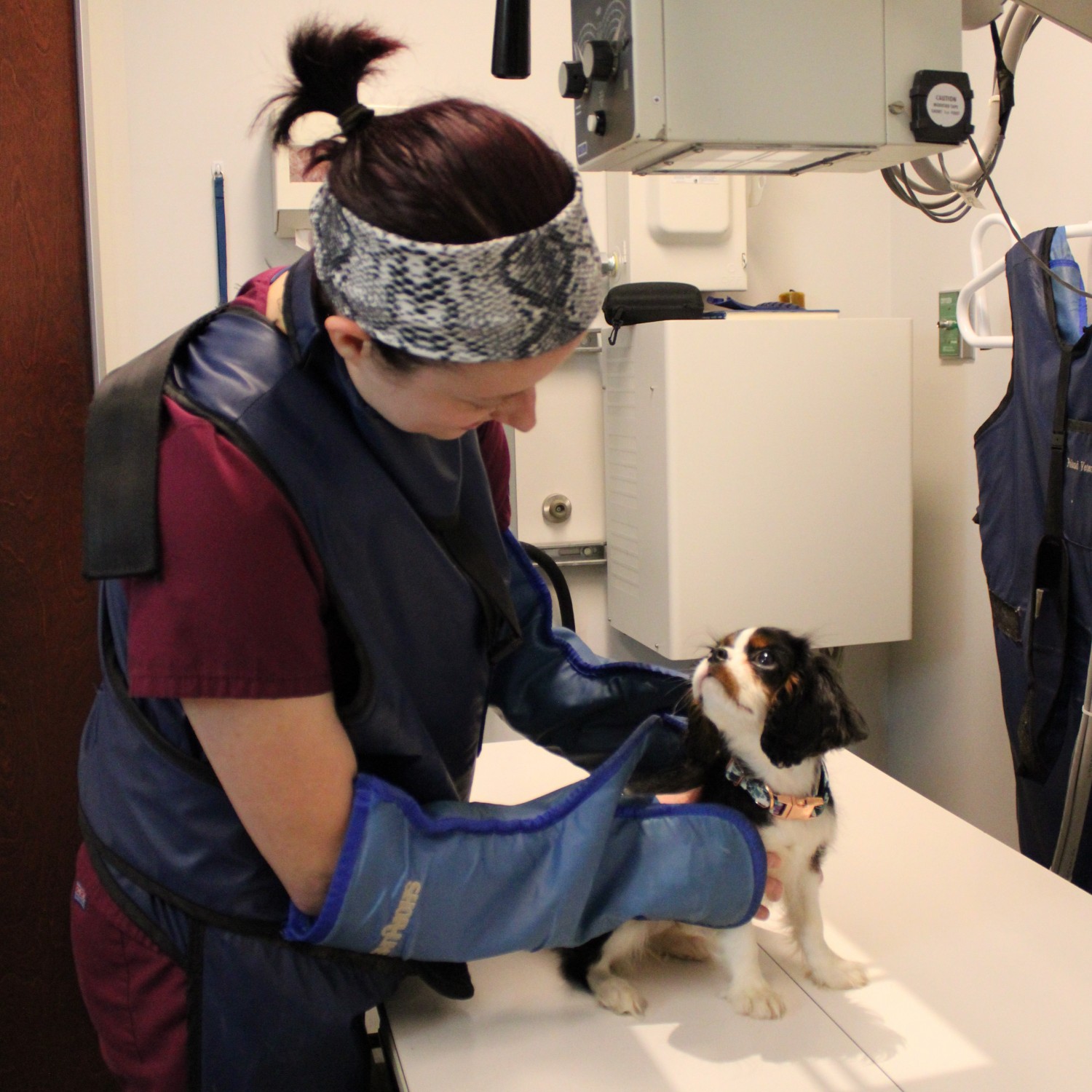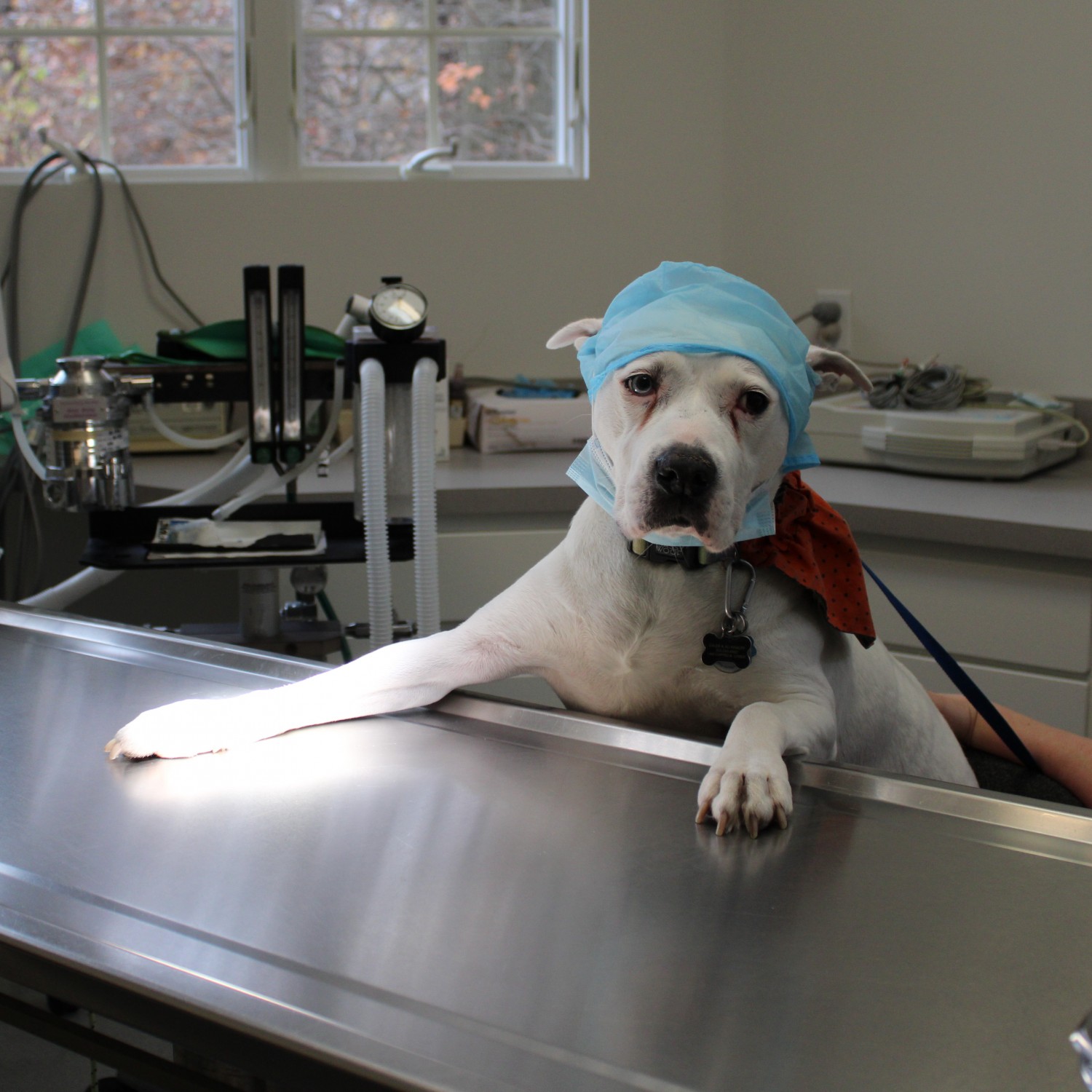|
At Poland Veterinary Centre, we offer a wide range of surgical procedures, including elective procedures like ovariohystercetomy (spay), neuter, and declaw, as well as many non-elective surgeries like tumor removals, abdominal exploratory/foreign body removal, and grid keratotomy. All of our veterinarians have many years of surgical experience.
For specialty surgical procedures, we offer the services of Tina Wolfe, DVM, MS, Diplomate, American College of Veterinary Surgeons - Small Animal. As a board-certified surgeon Dr. Wolfe is specially trained to perform advanced soft tissue, orthopedic, and spinal surgeries.* She is the only board-certified surgeon with an office located between Pittsburgh and Akron. Dr. Wolfe is also certified to perform radiology procedures that screen for orthopedic diseases, including PennHip and OFA. To learn more about Dr. Wolfe and our other veterinarians, click here. To learn more about the American College of Veterinary Surgeons, click here.
Surgical procedures are safer than ever thanks to advancements in veterinary medicine. When your pet is admitted to our hospital for a surgical procedure, several steps are taken before we begin the actual surgery.
First, one of our credentialed veterinary technicians will perform a pre-operative physical exam to determine if there are any issues that would prevent us from proceeding with the surgery. Any abnormalities are immediately reported to the veterinarian in charge. Then blood is drawn for pre-anesthetic testing, which tells us whether the liver, kidneys, blood count, etc. are within normal limits. If your pet's blood work is normal, we know that his body can metabolize the anesthesia.
A doctor will review your pet's exam and blood work results, and if everything is normal, a technician will place an intravenous catheter and administer pre-medications to prevent and reduce pain, relax your pet, and reduce the amount of anesthesia needed overall. In some cases, nerve blocks or epidurals are administered to further prevent pain. Your pet's pain management plan will be tailored to his individual needs. Then a short-acting drug is given to allow your pet to fall asleep.
At that point, a breathing tube will be placed and a gas anesthesia/oxygen mix will be administered directly into your pet's lungs. Your pet's vitals, such as blood pressure, heart rate, respiratory rate, and oxygen/CO2 levels, will be monitored during the entire procedure, and anesthesia can be adjusted as needed. This allows us to monitor your pet closely and address any issues before serious problems occur. Some pets also receive intravenous fluid therapy while under anesthesia to help improve their kidney function and blood pressure.
Our surgeries are performed in a dedicated surgical suite that is only used for sterile procedures.

Your pet's doctor will wear a cap and mask, sterile gloves, and a sterile gown. Finally, your pet's surgery site is prepped and scrubbed.
When the surgery is complete, the gas anesthesia is turned off, and only oxygen is administered. Because the gas anesthetic is delivered directly to the lungs, your pet will wake up fairly quickly. At that point, the breathing tube is removed, and your pet is breathing on his own. Our well-trained veterinary technicians will continue to monitor your pet during his recovery period. Most pets can be released later the same day. Owners often are amazed that their pet walks out of the hospital on his own with little indication that he has been under general anesthesia.
*Poland Veterinary Centre is only staffed during business hours. Patients requiring advanced imaging, intensive care or 24/7 monitoring should be referred to a larger specialty facility when possible. Joint replacement, spinal surgery, & TPLO are not currently available. Dr. Wolfe's patients with an existing primary care veterinarian will be referred back to their office for all conditions or concerns unrelated to their acupuncture, orthopedic, or surgical condition. As a courtesy to your existing veterinary relationship, these patients cannot be provided general practice care. However, Dr. Wolfe will work in conjunction with your veterinarian and communicate with them regularly regarding your pet’s condition, treatment, and progress.
|







